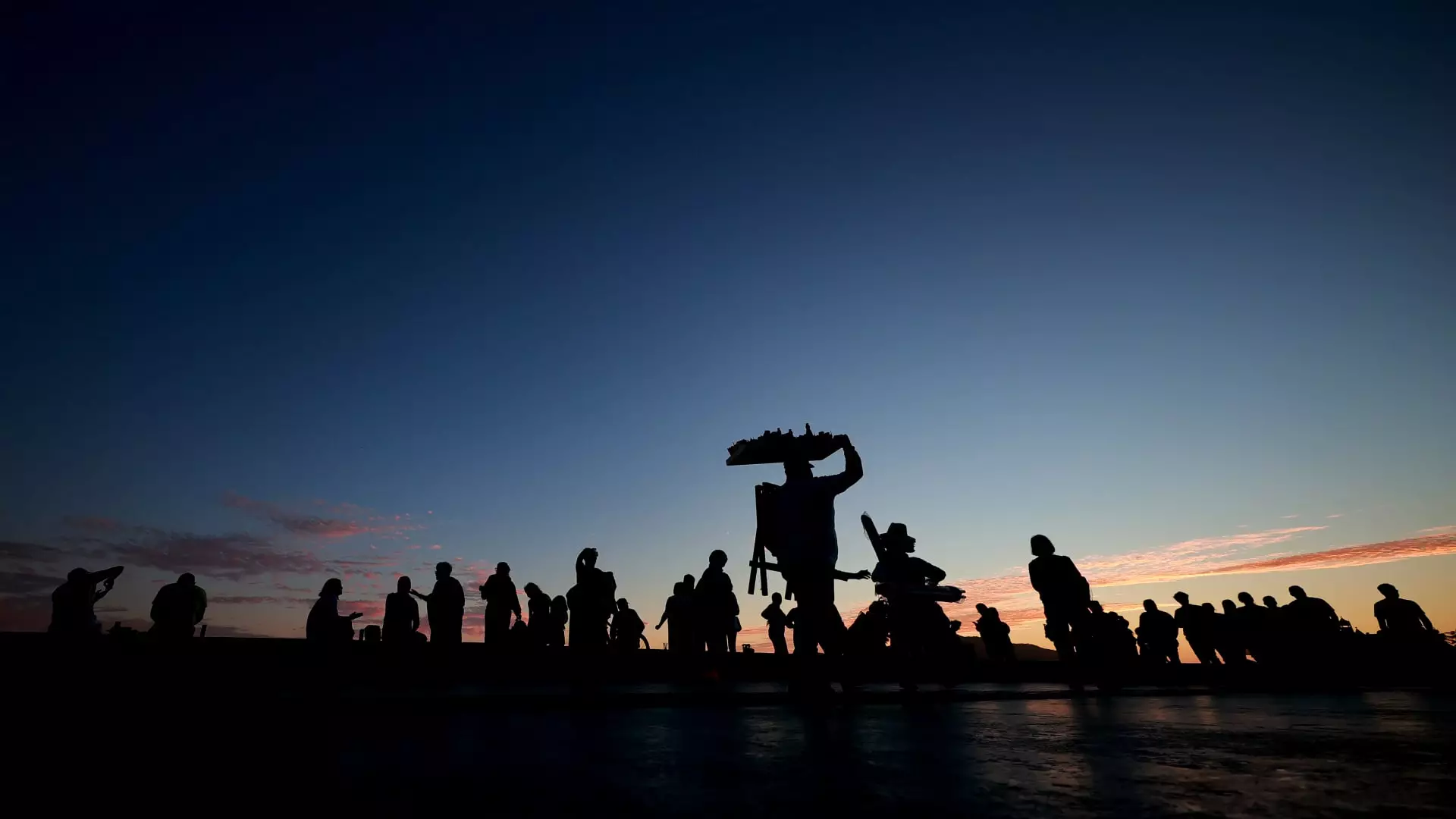The solar eclipse that occurred on Monday caused a significant disruption in air travel, particularly at smaller airports across the country. While big-city hubs often face delays due to bad weather and heavy traffic, the demand for prime viewing locations of the eclipse jammed smaller airports, temporarily halting arriving flights from Burlington, Vermont, to southern Illinois.
According to the Federal Aviation Administration, the high demand for views of the phenomenon led to runway closures and parking issues at several smaller airports. Alyssa Connell, head of operations at Southern Illinois Airport in Murphysboro, Illinois, stated that they had to close a runway to park planes as the airport reached its maximum capacity for both small propeller aircraft and larger jets.
At Patrick Leahy Burlington International Airport in Vermont, the number of general aviation planes anticipated to arrive on Monday was between 100 and 130, a significant increase from normal operations. The airport also expected scheduled commercial passenger jet traffic, making it one of the busiest days in their history.
The Federal Aviation Administration had identified the solar eclipse as a major event during their morning planning call at the command center in Warrenton, Virginia. The agency had warned pilots about potential disruptions and heavy traffic at airports along the eclipse’s path well in advance.
Delta Air Lines capitalised on the eclipse by offering special flights for passengers to view the phenomenon from the sky, with routes from Dallas/Fort Worth International Airport to Detroit and from Austin, Texas, to Detroit. Other airlines also promoted flights along the “path of totality” for passengers to witness the eclipse.
The eclipse was not only a challenge for airports but also a boon for hotels, house rentals, and other businesses in the path of totality. United Airlines reported a significant increase in bookings to San Antonio, Cleveland, and Little Rock, Arkansas, during the eclipse, compared to the same dates the previous year.
While the solar eclipse brought unprecedented challenges to smaller airports in terms of increased traffic and operational disruptions, it also presented opportunities for airlines to offer special flight experiences and for local businesses to benefit from the influx of tourists. As such, the eclipse served as a unique phenomenon that impacted various aspects of the aviation industry and local economies.

